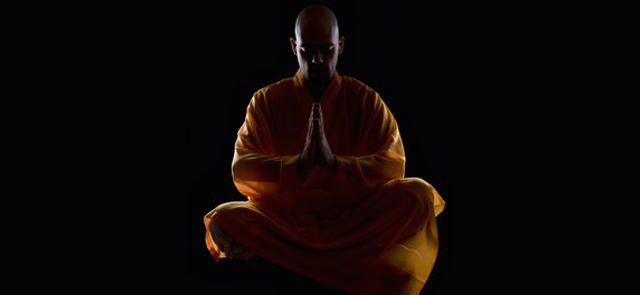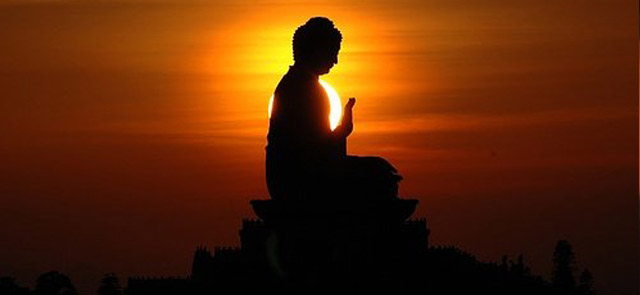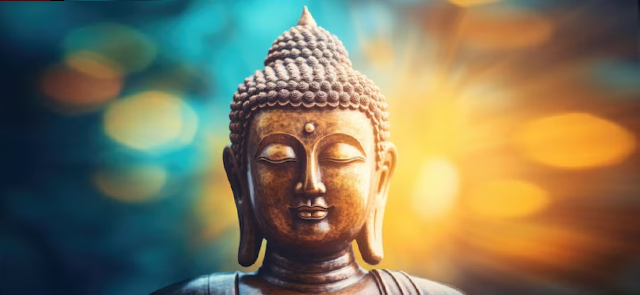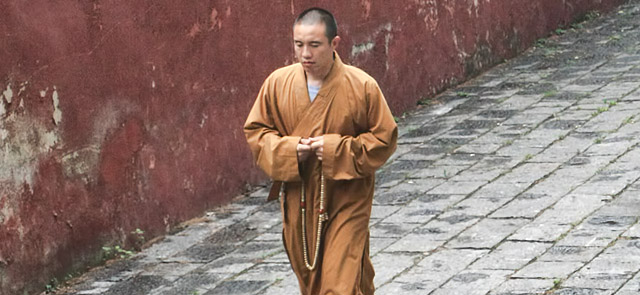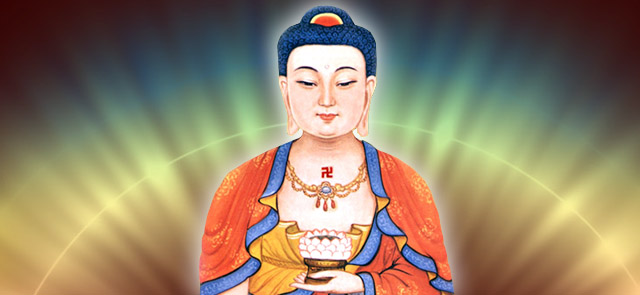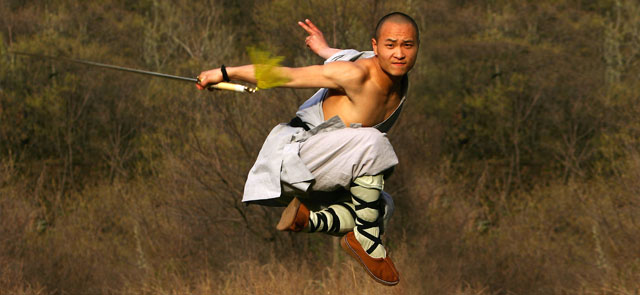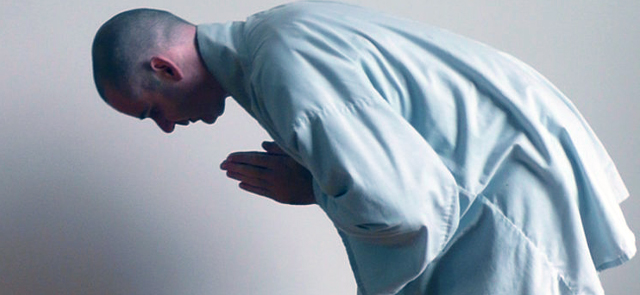In the realm of martial arts, few names evoke as much mystique and reverence as Shaolin Kung Fu. Originating from the legendary Shaolin Temple nestled in the foothills of China's Songshan mountain range, this ancient martial art is not merely a physical discipline but also a spiritual journey deeply intertwined with Buddhism. The question that often arises is whether Shaolin Kung Fu truly embodies the teachings and philosophy of Buddhism. To delve into this inquiry, one must understand the rich historical and philosophical connections between Shaolin Kung Fu and Buddhism.
Rooted in the 5th century CE, Shaolin Kung Fu has a lineage that traces back to the Indian monk Bodhidharma, also known as Da Mo in Chinese. Legend has it that Bodhidharma, seeking to spread the teachings of Buddhism, traveled to the Shaolin Temple and spent nine years meditating in a cave. During this time, he observed the physical and mental toll that prolonged meditation took on the monks' bodies. Thus, he developed a series of exercises to strengthen their bodies and improve their health, laying the foundation for what would become Shaolin Kung Fu.
Central to both Shaolin Kung Fu and Buddhism is the concept of mindfulness. In Buddhism, mindfulness entails being fully present in the moment, aware of one's thoughts, feelings, and surroundings without judgment. Similarly, practitioners of Shaolin Kung Fu are taught to cultivate mindfulness through rigorous training, focusing their attention on each movement and breath.
Furthermore, Shaolin Kung Fu emphasizes the importance of discipline, humility, and respect—values deeply ingrained in Buddhist teachings. The rigorous training regimen of Shaolin monks reflects their commitment to self-improvement and the pursuit of enlightenment, mirroring the Buddhist path to spiritual awakening.
The philosophical underpinnings of Shaolin Kung Fu also resonate with Buddhist principles. Both emphasize the interconnectedness of all beings and the pursuit of inner peace amidst external turmoil. Through their training, practitioners of Shaolin Kung Fu seek to transcend the ego and attain a state of harmony with the universe, echoing the Buddhist goal of liberation from suffering.
Moreover, Shaolin Kung Fu incorporates symbolic gestures and rituals that pay homage to Buddhist deities and teachings. From the graceful movements of the forms (katas) to the philosophical concepts embedded in martial techniques, Shaolin Kung Fu serves as a living embodiment of Buddhist wisdom and spirituality.
However, it is essential to acknowledge that Shaolin Kung Fu, like any cultural phenomenon, has evolved over time, influenced by various factors beyond its Buddhist origins. In modern times, Shaolin Kung Fu has become a global phenomenon, with practitioners from diverse cultural backgrounds embracing its teachings for physical fitness, self-defense, and personal growth.
While some may argue that contemporary interpretations of Shaolin Kung Fu have strayed from its Buddhist roots, others maintain that the essence of Buddhism permeates every aspect of this ancient martial art. Ultimately, whether Shaolin Kung Fu embodies Buddhism depends on one's perspective and interpretation.
In conclusion, the relationship between Shaolin Kung Fu and Buddhism is profound and multifaceted. While rooted in the teachings of Buddhism, Shaolin Kung Fu has evolved into a distinct martial art with its own rich traditions and philosophy. Nevertheless, the spiritual essence of Buddhism continues to resonate within the halls of the Shaolin Temple and the hearts of practitioners worldwide, serving as a testament to the enduring connection between martial arts and spiritual enlightenment.
